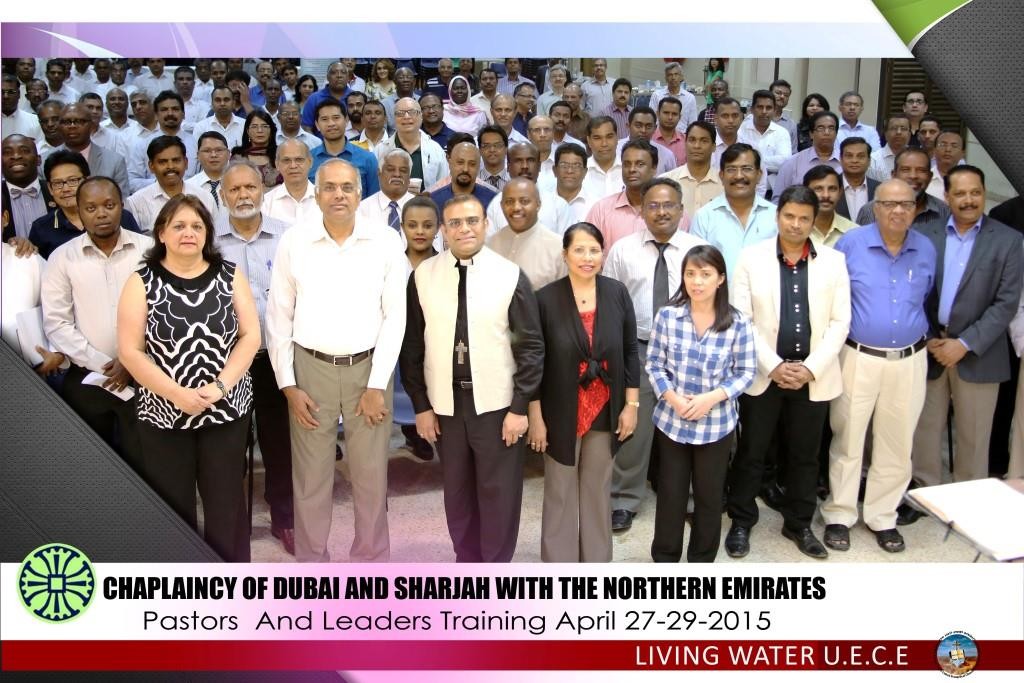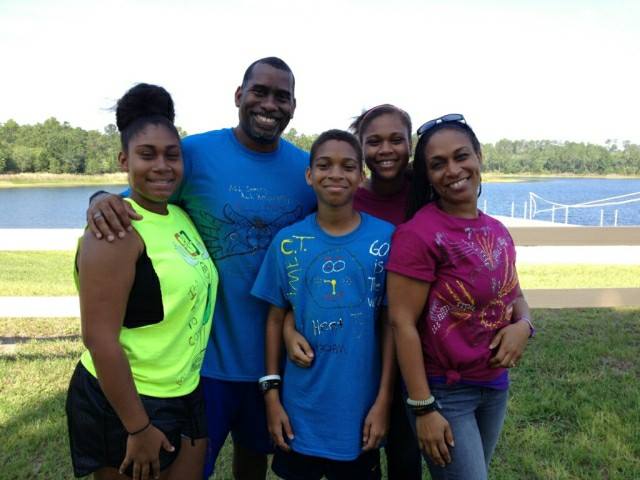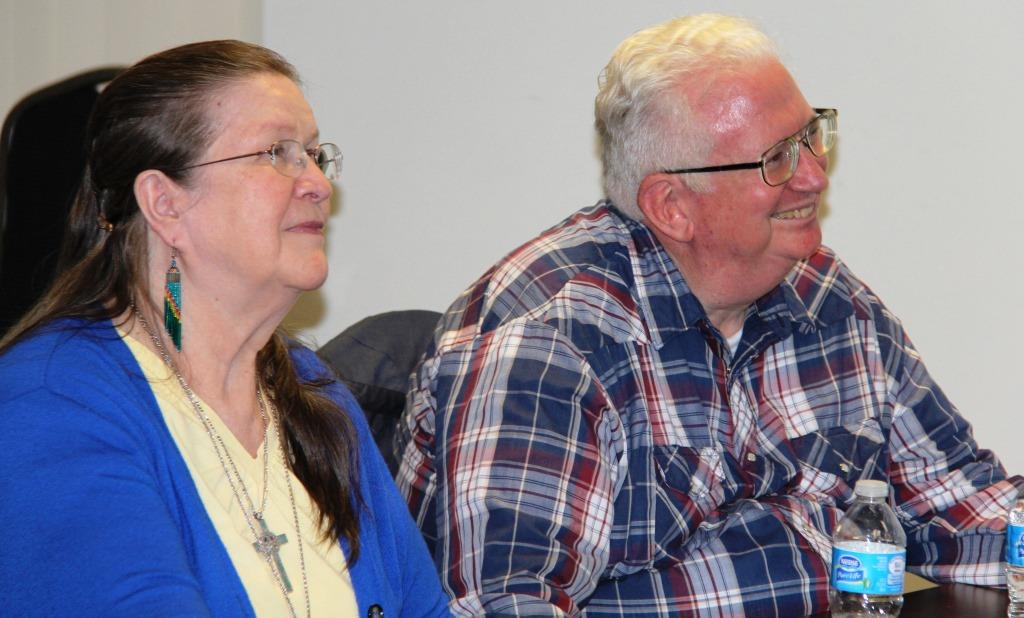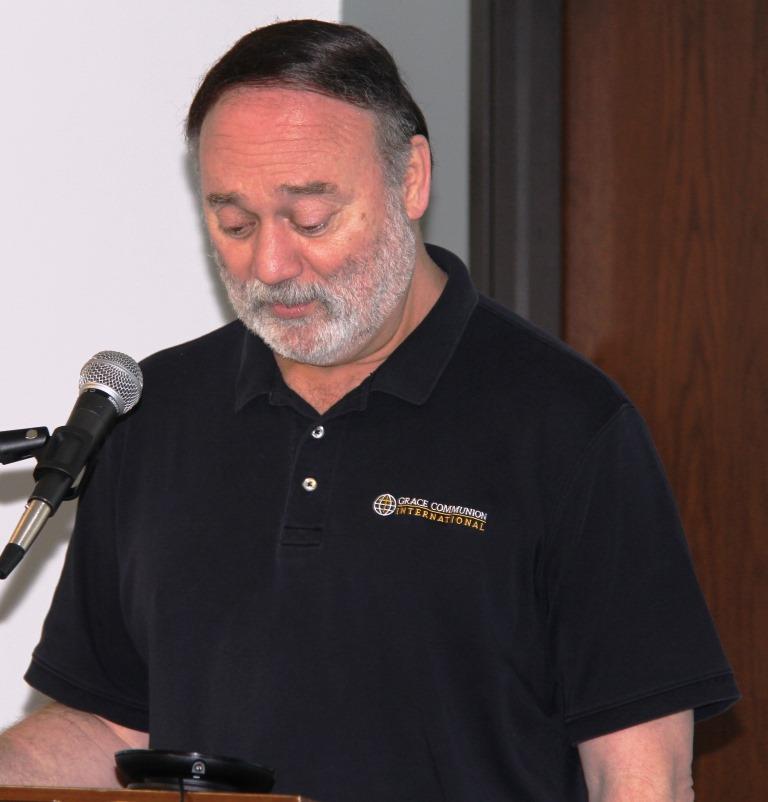Dear Brothers and Sisters,
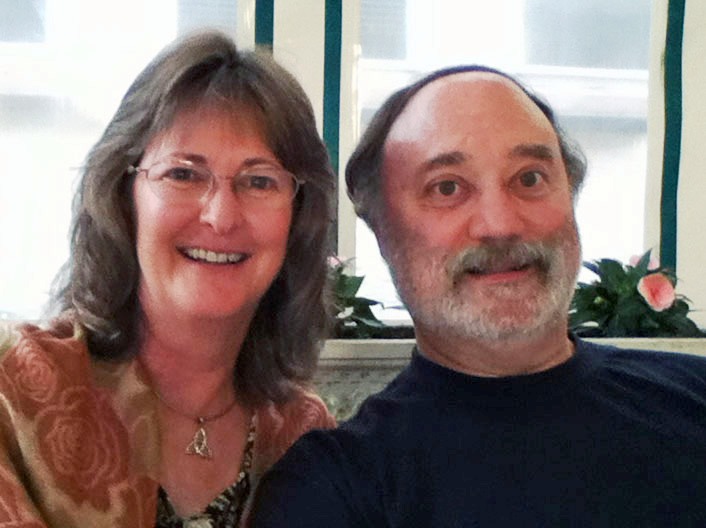 I love science—especially when it benefits our health. A few years back, many of us were delighted when a scientific study was published showing the health benefits of drinking red wine (in moderation, of course). Then other studies showed the health benefits of eating dark chocolate and drinking coffee (as many as 4-5 cups a day, though many would find that a bit much!). I eagerly await studies that, no doubt, will show the health benefits of eating mushrooms (true confession: I’m a mycophile—a lover of mushrooms—I prefer them fried).
I love science—especially when it benefits our health. A few years back, many of us were delighted when a scientific study was published showing the health benefits of drinking red wine (in moderation, of course). Then other studies showed the health benefits of eating dark chocolate and drinking coffee (as many as 4-5 cups a day, though many would find that a bit much!). I eagerly await studies that, no doubt, will show the health benefits of eating mushrooms (true confession: I’m a mycophile—a lover of mushrooms—I prefer them fried).

(with permission, Wikimedia Commons)
Though there is disagreement as to the number of types of mushrooms (some say as many as 140,000) and the number safe for human consumption, nearly 100 types are currently being studied to determine their benefits to human health. A small number are proving to be immune-system boosters. You may recall that some of the most potent natural medicines (including penicillin, streptomycin and tetracycline) are made from fungal extracts.
Limited atonement?
For good or for bad, mushrooms are highly potent. This is due to a remarkable capacity to absorb, concentrate and thus reflect the medium in which they grow. The doctrines we hold to are like that. Consider the doctrine of a limited atonement, which states that God created some people to be damned and others to be saved, with Jesus dying only for those predestined for salvation. Believing this doctrine has significant consequences in the minds and hearts of those who embrace it—leading at times to hating some people (the damned) while loving others (the saved). Defending this doctrine takes some creative double-talk, asserting, contrary to appearances, that God loves both groups. But how can God’s love be the same for both groups if he predestined one to be damned? Like a mushroom grown in a toxic medium, the bad that flows from this doctrine intensifies, calling into question the character and nature of a God who would will two absolutely opposite things for the people he created in, through and to (to be inherited by) Christ—those whose very existence is being upheld by Christ moment-by-moment (see Colossians 1:16-17; 1 Corinthians 8:6; Romans 11:36 and Hebrews 1:2).
The Bible declares that God loves all his creation—including all people. In the beginning, God declared all his creation “good.” He then sent his Son to save, not condemn, what had fallen prey to sin and evil (John 3:16-17). How is this creation-redemption sequence to be understood? Some tried to explain it with the theory of a limited atonement. This idea arose, in part, from a medieval cosmology, which reasoned that for God to know everything and not have his will contravened in any way, he had to decree and thus ordain everything in advance. But this line of reasoning has both a wrong premise and a wrong conclusion, making God out to be the author of sin and evil. But remember what Scripture declares: “God is light; in him there is no darkness at all” (1 John 1:5). It is contradictory to conclude that God, who is “the Father of lights, with whom is no variableness, neither shadow of turning” (James 1:17, KJV), is the author of sin and evil. The truth is that sin and evil came not from God but from creatures who, misusing their God-given freedom, brought about the opposite of good.
Those who defend the limited atonement doctrine try to get around these clear declarations of Scripture by saying that God allows sin but does not author it. They thus make a distinction between what God makes happen (his sovereign will of decree) and what he allows to happen (his sovereign will of moral command). While there is a moral difference between allowing something and causing something, making this distinction does not resolve the problem at all. If God in his sovereignty both wills the results and guarantees both outcomes, then saying that he wills but does not author sin (which he says he hates), is double-talk. If, as they assert, God wills what he allows, then the agency of others (those predestined for damnation) has no material bearing on the final state of things—no other agency than God’s is involved in the ultimate sense and thus no other agency than God is morally responsible for the final state of things.
The biblical teaching about salvation
We eliminate the need for any such double-talk when we embrace the biblical teaching that humanity was created by God for the purpose of eternal communion and fellowship with God. As finite creatures, we do not possess this eternal life, and thus we cannot give it to ourselves. Eternal communion and fellowship with the triune God can only be received as a gift from God—one he freely gives us, and one we must freely and continuously receive from him. Thus we understand that holy, eternal, personal relationship with God necessarily includes the need for freedom to receive it and to continually live in it. This freedom itself must be received as a gift given and maintained by God. This is exactly what God grants to us by his Holy Spirit, who delivers to us the freedom that was won by Jesus Christ in our place and on our behalf. In his own divine freedom, God gives freedom to all humanity. In doing so, he does not decree or will sin and evil into existence (though he knew we would misuse and abuse our freedom—throw it away, actually). From the foundation of the world, God knew what he would do in love (at great cost to himself) to save us from our predicament.
Karl Barth
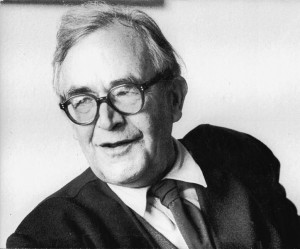
In critiquing the doctrine of a limited atonement, Karl Barth taught that neither the Father nor Jesus do anything behind each other’s back. Jesus explained that he was sent to reveal the Father and that he did only what the Father sent him to do, in the power of the Holy Spirit. Scripture reveals that Jesus is one (homoousios in Greek) with the Father, and through the Incarnation is homoousios with all humanity. The atonement is thus the result of Jesus acting according to his own nature as the unique God-man to remove all the barriers standing between us and God. Who Jesus was (and is) and what he did (and does) secures our trust and gives us the ability to speak of God’s redeeming work on behalf of all humanity.
Karl Barth understood that the idea of a limited atonement contradicts the entire truth and reality of the Son of God’s assumption of our “flesh” (meaning in the biblical context our human nature and fallen condition) and the reality of Jesus being the new head (the new Adam) of all humanity, not just part of it (see Romans 5:14; 1 Corinthians 15:22, 45). To believe in a limited atonement is to believe that Jesus is not for all (which he clearly is) and does not love all (which he clearly does), and to believe that Jesus and the Father, with the Holy Spirit, are not one in heart, mind, purpose, will, being and action (which they clearly are). Barth comments:
We cannot follow the classical doctrine [of the atonement] and make the open number of those who are elect in Jesus Christ into a closed number to which all other men are opposed as if they were rejected. Such an assumption is shattered by the unity of the real and revealed will of God in Jesus Christ (Dogmatics, II/2, subsection entitled, “The Determination of the Elect”).
Barth explained that there are people who know and live as the elect of God, and those who deny and live against it. The reality is that we are not given to know the number of people on either side.
Thomas F. Torrance
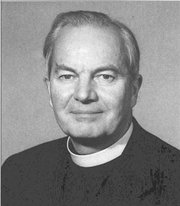
T. F. Torrance rejected both a limited atonement and univeralism, teaching that every human being will experience judgment (krisis in Greek, from which we get our English word crisis), in which it will be seen how each person responds to God’s loving forgiveness, reconciliation and redemption in Christ that is for all people:
God cannot hold Himself back forever, or rather the sinner cannot live forever entrenched in his independence, surrounded by all the defenses which he builds around his mortal life, in order to protect himself from God. So long as he lives on earth, he can hide himself in time, for as long as he is in time, God waits to have mercy upon him. But when he passes out of time in eternity, all his defenses fall away from him, and he stands naked before God. But in eternity he has no time for decision, for repentance, or for faith, for in time the voice of God calls to him and gives him time to make up his mind, and to answer. But when he passes from time into eternity, then all that has gone on in his soul comes to is ultimate crisis. Once that crisis begins, as so many of the parables of Jesus tell us, there is no time for preparation or action. It all happens in a flash, in a moment, in a twinkling of an eye (from T.F.’s sermon “The approach to God,” in When Christ Comes and Comes Again, p. 133).
Universalism?
Because Barth and Torrance rejected the doctrine of a limited atonement, some mistakenly conclude they believed in a doctrine of universalism. They also reason that they were “light on sin,” teaching that it doesn’t matter what we believe or how we live. What these critics fail to see is the substantial difference between universal atonement (which is correct) and universalism (which is incorrect). Universal atonement means Jesus Christ’s atonement, which is not contingent upon human works, is sufficient for all humanity and efficient for all who respond to God’s love. Universal atonement does not mean that all will necessarily respond favorably and positively to God, receiving the free gift of relationship with him, entering with and through Jesus into eternal communion with the Father, Son and Spirit. All doctrines of strict universalism (and there are several) are biblically unsound, declaring that, in the end, all souls (human, and perhaps also angelic and demonic, even including Satan) will necessarily experience God’s eternal salvation. Some who embrace universalism even argue that repentance toward God and faith in Jesus are irrelevant.
Contrary to doctrines of strict universalism, the Bible teaches that there is salvation only in Jesus Christ (Acts 4:12). In Christ (God’s elect One: the Messiah, Chosen One, Son of Man), all humanity is elect. God, who desires that all come to repentance, has created and reconciled all humanity for true fellowship with himself. Moreover, in Christ, God has already made gracious and just provision for all—even for those who at death appear not to have yet believed the gospel. But this reality of universal atonement does not necessarily mean that every person ultimately will accept God’s free gift delivered to them by the Holy Spirit. Eternal communion and fellowship with God cannot be forced. The Bible teaches that all who remain hostile to God (blaspheming the Holy Spirit) by their own choice cannot experience or enter into that fellowship (salvation). What they freely, personally decide in response to God, makes a difference in what they will experience. However, that personal response does not change the reality of who God is and what he has done on their behalf in and through Jesus Christ and by the Holy Spirit.
Stay out of two ditches
There are two ditches we must avoid. On one side is the doctrine of a limited atonement, which mistakenly views God as creating some to have a loving relationship with him and others to be punished eternally for not loving him (despite the fact that he has not granted them the freedom to respond to his love). On the other side are the various doctrines of strict universalism, which mistakenly view God as not giving anyone a meaningful choice in the matter. Note that both ditches involve coercion, and thus are not the result of a loving relationship. It is just as coercive to say that God is going to make the entire world love him, as it is to say that he is only going to make a limited number love him.
The common error in these opposing ditches is in viewing God as a coercive “lover” who uses impersonal, mechanical or causal forces and legal maneuvers to bring about his two divergent wills. We avoid these ditches by staying well within the limits of the biblical revelation. Doing so allows us to hope for the salvation of all humanity (because of the universal extent of God’s grace) without presuming to know something that God has not revealed, namely, that all people necessarily will confess their sin and need for grace and thus receive their salvation from Jesus Christ, their Lord and Savior.
Joyfully living in Christ, now and forever,
Joseph Tkach


